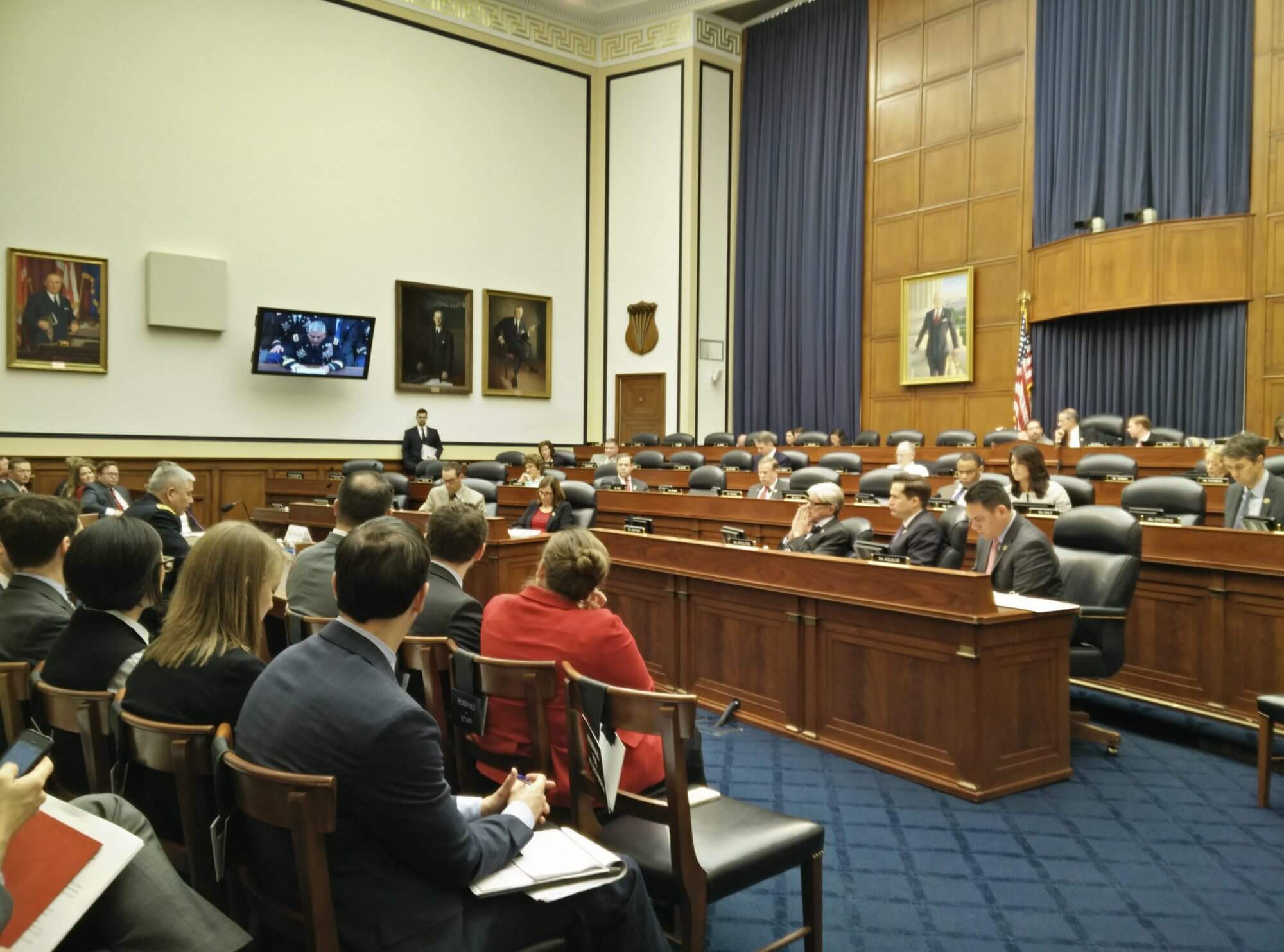WASHINGTON – The United States must not reduce its commitment to Afghanistan in the wake of a difficult year, Gen. John Campbell, the outgoing commander of U.S. forces in Afghanistan, said Wednesday before the House Armed Services Committee.
“Afghanistan is at an inflection point,” Campbell said. “I believe if we do not make deliberate, measured adjustments, 2016 is at risk of being no better, and possibly worse, than 2015.”
Changes Campbell suggested include improved training and assistance programs and better supply distribution.
NATO currently invests $5.1 billion a year in an Afghan military force of 352,000, with $4.1 billion coming from the United States. Campbell said the U.S. should continue to provide funding until at least 2020 and that Afghanistan will not be able to fully pick up that bill until 2024.
“Given that we’ve been there 14 years,” Rep. Loretta Sanchez, D-Calif., said, “how many $4.1 billion times are we going to do this before we can figure out that we’re going to get out?”
Campbell praised the efforts of Afghanistan’s military, noting that only eight of 407 Afghan districts are under insurgent control and 18 under insurgent influence. But he said the U.S. must help prevent any further gains and stressed realistic expectations for the Afghan military.
“Too many times we try to compare the Afghan security forces with the U.S. Army,” he said. “The U.S. army has been around 200 years.”
Campbell said 70 percent of the Afghan military’s problems stem from weak leadership.
After 18 months leading U.S. forces in Afghanistan, Campbell will retire from the U.S. Army in the coming months. President Barack Obama nominated Army Lt. Gen. John Nicholson, Jr. to succeed him. The U.S. plans to maintain 9,800 soldiers for most of 2016 but reduce to 5,500 troops before the year’s end.
This comes at a time when shifting regional dynamics in Afghanistan present both threats and opportunities for the U.S., Campbell said. He added that recently authorized attacks by U.S. forces against the self-proclaimed Islamic State in Afghanistan have had “considerable success.” The U.S. must keep the pressure on, he said.
The rise of ISIS in Afghanistan has damaged the Taliban, Campbell said, depleting its resources and damaging its core narrative as a strong, unified front.
Campbell said he has been encouraged by the “heart” shown by Afghan soldiers and by the receptiveness of the government in Kabul to an American presence.
“Now more than ever, the United States should not waver on Afghanistan,” Campbell said.

